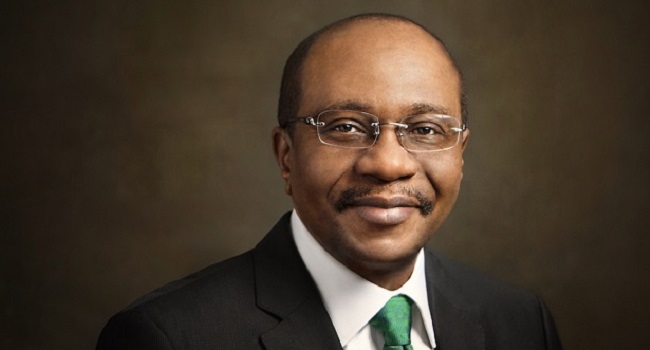Business
No going back on new charges for cash transactions —Emefiele

The Central Bank of Nigeria (CBN) has said it would continue to implement the cashless policy in line with its mandate to ensure an efficient payment system.
Godwin Emefiele, CBN Governor, made this comment while briefing journalists shortly after the Monetary Policy Committee (MPC) meeting on Friday.
While many Nigerians have expressed concerns about the CBN charges on cash deposits, Emefiele said that the charges were necessary for the Nigerian economy to compete effectively with those of developed countries.
He said contrary to claims in some quarters that many Nigerians would suffer the negative impact of the policy, only about five to ten per of bank customers would be affected.
READ ALSO: CBN retains interest rate at 13.15 per cent
The CBN had earlier clarified that the freshly imposed charges on cash deposit and withdrawal would be carried out only on the excess of the set limit.
Recall that the House of Representatives had on Thursday asked the CBN to suspend the implementation of the policy which took effect on Wednesday, 18th September, 2019, until appropriate and extensive consultative process was concluded.
The Reps had also resolved to “ascertain the propriety, relevance and the actual need for the implementation of that aspect of the cashless policy at this time, considering the prevailing economic situation of the country and to report back to the House within four weeks.”
Join the conversation
Support Ripples Nigeria, hold up solutions journalism
Balanced, fearless journalism driven by data comes at huge financial costs.
As a media platform, we hold leadership accountable and will not trade the right to press freedom and free speech for a piece of cake.
If you like what we do, and are ready to uphold solutions journalism, kindly donate to the Ripples Nigeria cause.
Your support would help to ensure that citizens and institutions continue to have free access to credible and reliable information for societal development.












